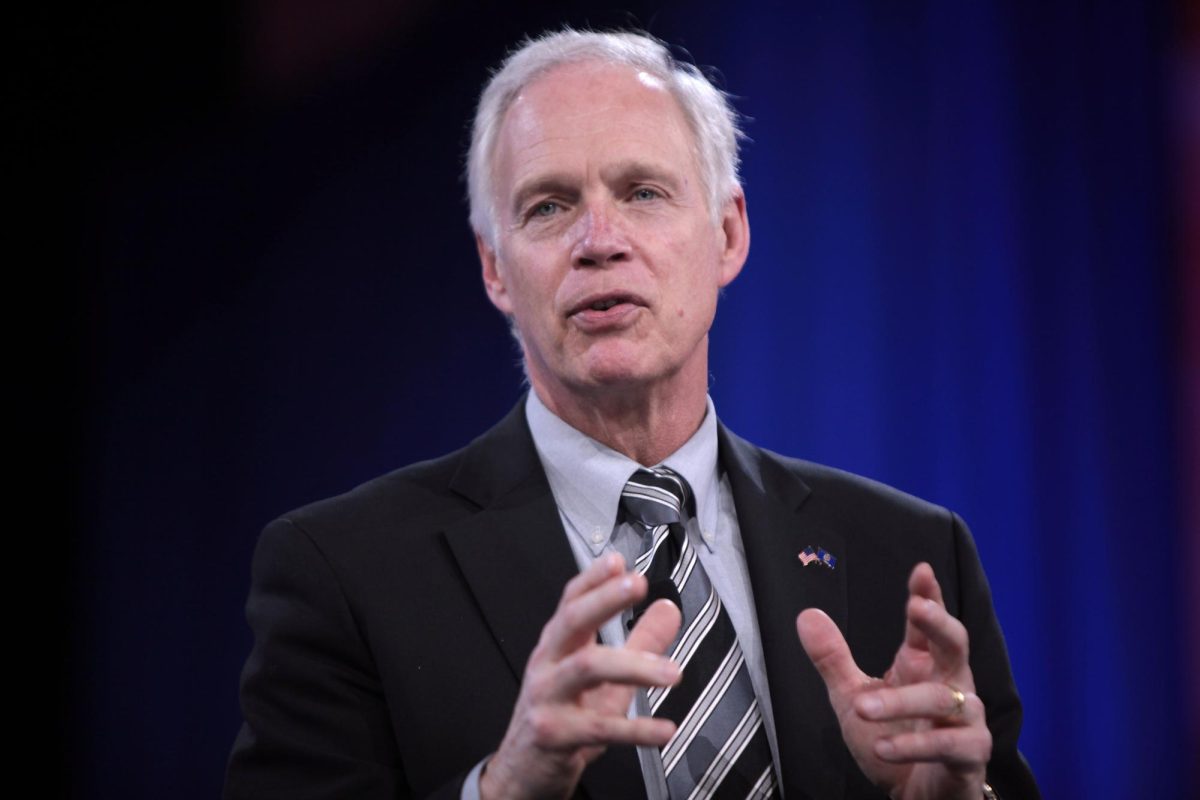Fox Valley-based politicians at both the state and national level argued last week that the federal government shutdown will continue to affect the lives of thousands of Wisconsinites.
“Nobody wants a government shutdown, but leaving millions of hardworking, middle-class Americans without coverage is unacceptable,” state Sen. Kristin Dassler-Alfheim, who lives in Menasha, said. “This issue is too big to ignore, and I hope that it is resolved soon.”
According to the Congressional Budget Office, an estimated 18,000 federal employees in Wisconsin have the possibility of being furloughed, meaning they will not report to work and will not be paid, each day of the shutdown if they are deemed non-essential to the government. The designation of essential and non-essential workers depends on each federal agency, and the designation can change midway through the shutdown.
The government shutdown began midnight Sept. 30 after Congress was unable to pass a funding bill before the 2026 fiscal year.
According to the Associated Press, congressional Democrats have insisted on renewing government incentives, such as Affordable Care Act (ACA) tax credits, to cover health insurance costs for millions of Americans, while Republicans and President Donald Trump want to continue to limit government spending.
U.S. Sen. Ron Johnson (R-Wis.) introduced the “Eliminate Shutdowns Act” to the Senate floor last Friday, which aims to end government shutdowns by establishing two-week rolling continuing resolutions to fund the government if there is a lapse in the appropriation of funds.
Sen. Johnson, who was the CEO of PACOR in Oshkosh until 2010, said that Americans don’t like these types of government shutdowns.
“They want them ended,” he said. “We have a very simple bill, not partisan, that offers no advantage to anybody. It keeps the government open and gives appropriators time to do appropriating, appropriate those departments and end all the chaos, all the turmoil and all the games with people’s lives.”
Sen. Dassler-Alfheim said that the heart of the negotiations is the ACA tax credits, which she said stabilizes the market and keeps the cost of coverage down.
“I cannot emphasize enough the importance of these tax credits,” Sen. Dassler-Alfheim said. “Without them, costs for everyone on the ACA marketplace are going to go up and the uninsured rate is going to spike. People are already feeling the pinch of inflation and tariffs – a rise in healthcare costs on top of that is the last thing we need.”
Sen. Johnson said the government needs to continue to cut spending and that people are getting tired of shutdowns.
“The drama, the turmoil, the partisan bickering and holding the American people hostage for demands of billions and billions of dollars for more spending we can’t afford,” he said.
Although both chambers of Congress are controlled by Republicans, the U.S. Senate needs support from at least 60 senators to advance legislation due to the Senate’s filibuster rules, which would pave the way to passing a spending bill to end a federal government shutdown.









